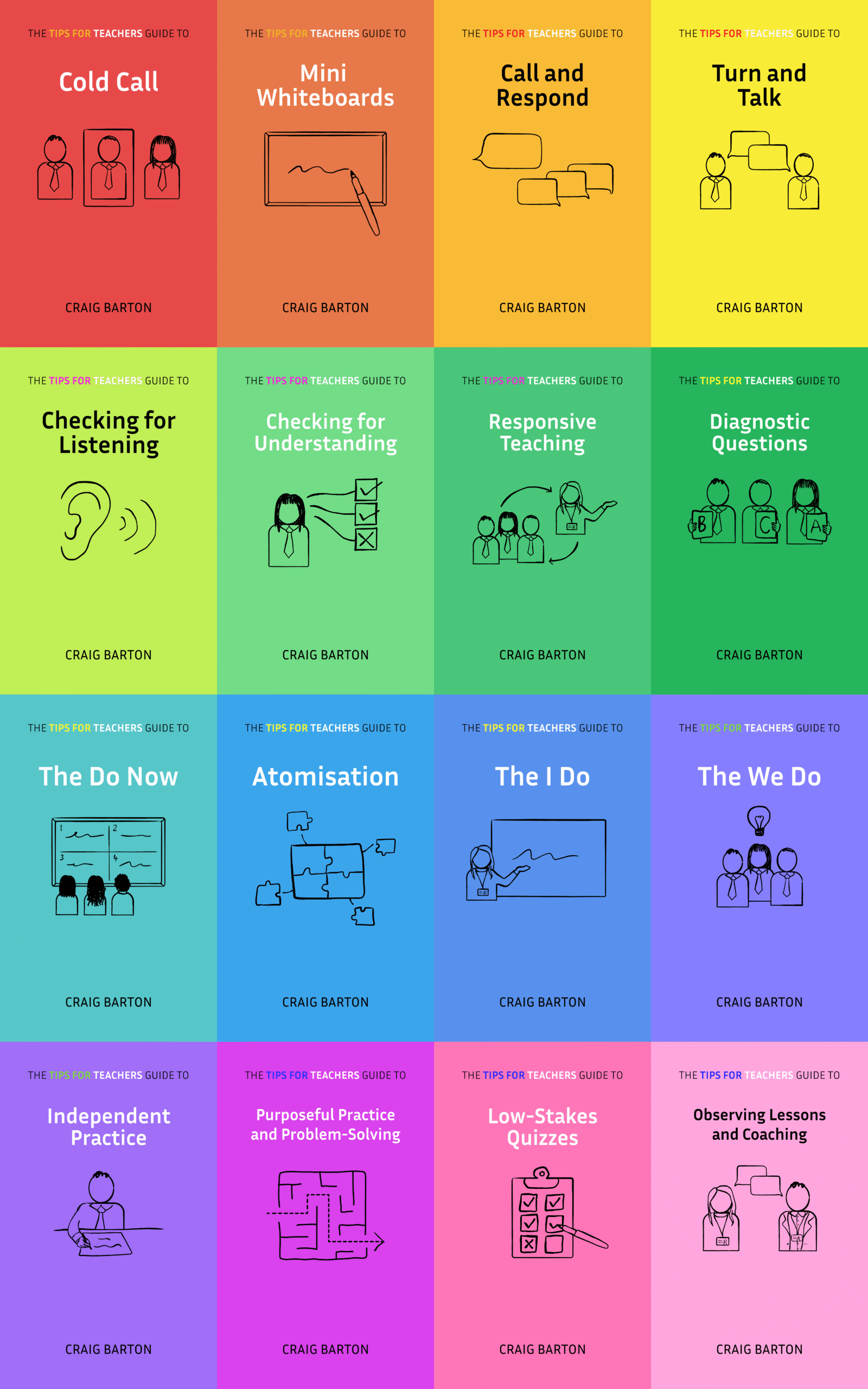
- Title: Education and Intelligence: Pity the Poor Teacher because Student Characteristics are more Significant than Teachers or Schools
- Authors: Douglas K. Detterman
- Access the original paper here
- Listen to a deep-dive podcast:
Paper summary
This source argues against the prevalent notion that teachers are the primary drivers of student academic success. The author contends that student characteristics, particularly general cognitive ability or intelligence, account for the vast majority of variance in educational outcomes, far outweighing the impact of teachers or schools. Research spanning decades, including the Coleman Report and twin studies, supports this claim, indicating that school and teacher-related factors contribute only a small percentage to overall achievement. The paper highlights that focusing educational research and reform efforts primarily on teachers overlooks the more significant influence of students themselves. Ultimately, the author suggests that a deeper understanding of student intelligence and its underlying biological mechanisms is crucial for meaningful improvements in education.
What are the key implications for teachers in the classroom?
Based on the provided source, the key implications for teachers in the classroom are significant and multifaceted, primarily centering around the understanding that student characteristics play a much larger role in educational outcomes than teachers themselves.
Here are some key implications:
- Teachers are responsible for a relatively small portion of the total variance in students’ educational outcomes. This has been known for at least 50 years but has often been ignored. The source suggests that teachers account for only 1% to 7% of the total variance in academic achievement at every level of education. This implies that teachers should have a realistic understanding of their impact relative to other factors.
- Student characteristics, particularly general cognitive ability or intelligence, are the major drivers of educational outcomes. The source suggests that as much as 90% of the variance in educational outcomes is associated with students, and a substantial portion of this (50% to 80%) is due to differences in intelligence. For teachers, this means that the pre-existing abilities of their students will significantly influence how much learning occurs in their classroom, regardless of their teaching quality.
- While teacher quality does have an effect, its influence is limited by the overall variance attributable to schools, which is estimated to be around 10% in developed countries. Even within the school context, teachers account for a portion of this variance, estimated to be between 1% and 8% of the total academic achievement. This suggests that focusing solely on improving teacher quality will likely yield limited gains in overall student achievement if student characteristics are not adequately considered.
- The source’s thought experiment highlights this point: even with variations in teacher quality, differences in the average ability levels of student groups are predicted to have a much larger impact on student achievement. The predicted correlation between student achievement and mean student ability could be as high as 0.95, while the correlation between teacher quality and average student gain is predicted to never exceed 0.32.
- The research discussed emphasizes that teachers should appreciate the difficulty of their task. Given that student characteristics are so influential, teachers are working within constraints largely determined by factors outside of their direct control. It is argued that blaming teachers for all the problems of the educational system is inappropriate.
- The source suggests that future progress in education hinges on a deeper understanding of student characteristics, especially intelligence. For teachers, this implies that staying informed about research in cognitive ability, its heritability, and its neural correlates could provide a more nuanced understanding of their students’ learning potential and limitations.
- The concept of matching environments to students’ genetic inheritance is presented as a potentially practical application of understanding student characteristics. While the source does not explicitly detail how teachers can implement this, it suggests the importance of recognizing and potentially catering to the diverse abilities within their classrooms.
In summary, the key implications for teachers are to acknowledge the significant role of student characteristics, particularly intelligence, in shaping educational outcomes. While teachers are undoubtedly important within the school environment, their impact on the total variance of student achievement is relatively small compared to student-related factors. This understanding can lead to more realistic expectations, a greater appreciation for the complexity of education, and a potential shift in focus towards understanding and addressing the diverse needs and abilities of individual students in the classroom.
Quote
Educational gain will be best predicted by student abilities (up to r = 0.95) and much less by teachers’ skill (up to r = 0.32).








